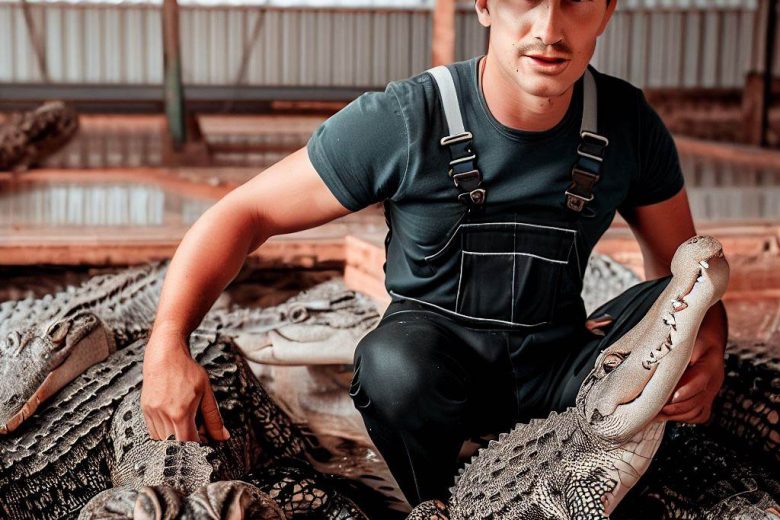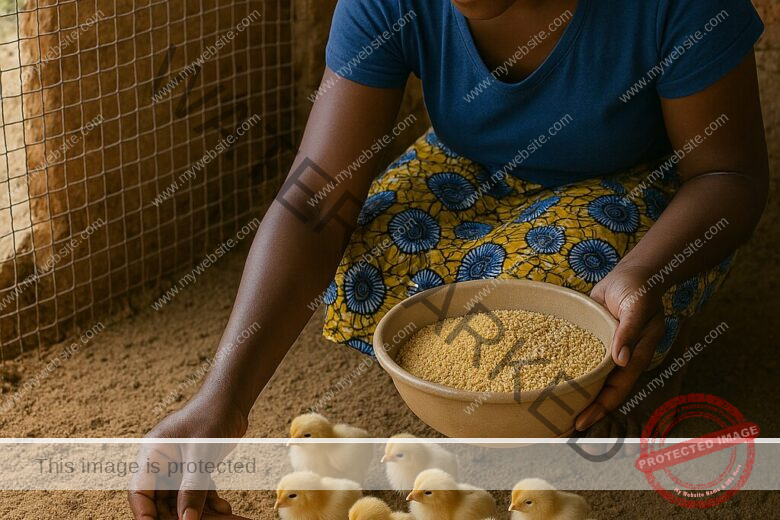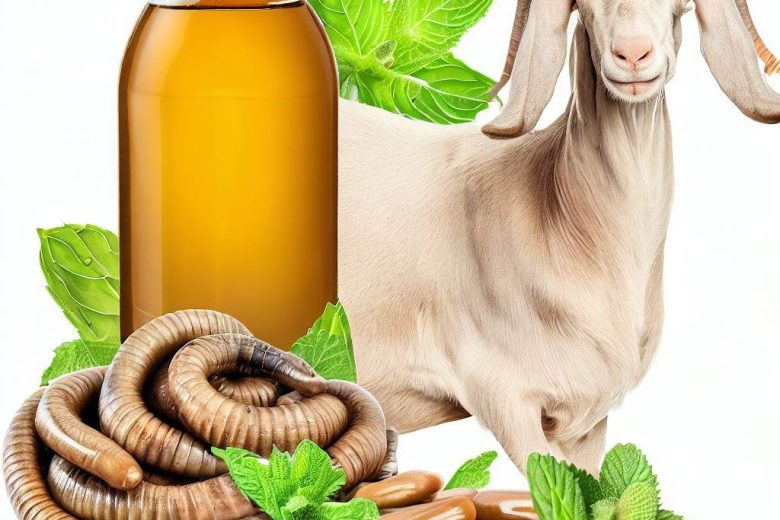Crocodile farming might not be the first thing that comes to mind when thinking about agriculture in the UK, but it is indeed a viable and potentially profitable venture. While crocodiles are native to warmer climates, with proper planning and care, they can thrive in controlled environments, making crocodile farming a unique and rewarding endeavor. In this comprehensive guide, we’ll walk you through the steps to start crocodile farming in the UK.
[Beginner’s Guide] How To Start Crocodile Farming In the UK
Step 1: Research and Planning
Before diving into crocodile farming, thorough research and meticulous planning are crucial. Consider the following aspects:
- Species Selection: Choose the species of crocodile you want to farm. Common choices include the Nile, Saltwater, and Siamese crocodiles.
- Licensing and Regulations: Contact your local agricultural or environmental agency to understand the legal requirements for keeping crocodiles. You will likely need licenses and permits.
- Location: Select an appropriate location for your farm, ideally with access to a water source for the crocodiles. Ensure that it complies with zoning regulations.
- Market Analysis: Research the demand for crocodile products in the UK market, such as meat, leather, and tourism opportunities.
- Budget and Financing: Calculate the initial investment required, including enclosure construction, utilities, and ongoing operational costs. Explore funding options and create a comprehensive business plan.
Step 2: Constructing Enclosures
Building appropriate enclosures is vital for the well-being and safety of the crocodiles. Consider the following:
- Enclosure Design: Design secure enclosures with adequate space, water features, and heating systems to mimic their natural habitat.
- Fencing: Use sturdy fencing to prevent escapes and unauthorized access. Electric fencing may be necessary for added security.
- Temperature Control: Install temperature control systems to maintain a warm and humid environment, as crocodiles are cold-blooded reptiles.
- Water Quality: Ensure clean and pH-balanced water for the crocodiles, as water quality significantly affects their health.
Step 3: Crocodile Care and Feeding
Proper care and feeding are paramount to successful crocodile farming:
- Veterinary Care: Develop a relationship with a reptile veterinarian who can provide regular health checks and treatment.
- Feeding: Crocodiles are carnivorous and have specific dietary needs. Consult with experts to provide a balanced diet of fish, poultry, and other meat sources.
- Handling: Crocodiles can be dangerous, so it’s essential to have trained staff who can safely handle them when necessary.
Step 4: Breeding and Reproduction
If you plan to breed crocodiles, you’ll need to consider:
- Breeding Pairs: Purchase breeding pairs from reputable sources with known lineage to ensure genetic diversity and health.
- Nesting Areas: Create nesting areas for females, and monitor them closely during the breeding season.
- Incubation: Incubate crocodile eggs at the appropriate temperature and humidity levels to ensure successful hatching.
Step 5: Marketing and Sales
Once your crocodiles are ready for harvesting, develop a marketing strategy:
- Market Your Products: Promote your crocodile products to local restaurants, luxury fashion brands, and tourism agencies.
- Networking: Attend agricultural and reptile trade shows and connect with potential buyers and partners.
- Online Presence: Create a website and use social media to showcase your farm and products.
Crocodile Farming in the UK: Cost and Profitability
Starting a crocodile farm in the UK comes with significant costs. These expenses include land acquisition and preparation, construction of secure enclosures, heating systems, water maintenance, veterinary care, and staff training. The total cost can vary widely based on the size and scale of the operation, but it can easily amount to several hundred thousand pounds or more. Additionally, ongoing operational costs such as feeding, utilities, and healthcare must be factored into the budget.
The profitability of crocodile farming in the UK largely depends on various factors, including market demand for crocodile products like meat and leather, operational efficiency, and marketing efforts. While it can be profitable in the long run, it often requires substantial investment and a well-planned business strategy.
Are Crocodiles Farmed in the UK?
Yes, crocodile farming is practiced in the UK, primarily for conservation and educational purposes. These farms often house exotic crocodile species and aim to raise awareness about reptile conservation and biodiversity.
Are There Any Crocodiles in the UK?
In the wild, crocodiles are not native to the UK due to its temperate climate. However, there are crocodiles in the UK in captivity, residing in zoos, wildlife sanctuaries, and private collections.
How Profitable is Crocodile Farming?
The profitability of crocodile farming can vary widely based on factors such as species selection, market demand, and operational efficiency. In countries with a strong market for crocodile products, well-managed farms can be profitable over time. However, the initial investment and ongoing operational costs can be substantial.
Which Country Has Crocodile Farms?
Crocodile farming is practiced in various countries worldwide, with some of the largest farms located in Australia, the United States, Thailand, and South Africa. These farms are known for their production of crocodile meat, leather, and other products.
Would Alligators Survive in the UK?
Alligators, like crocodiles, are cold-blooded reptiles and would not survive in the UK’s temperate climate without significant climate-controlled enclosures. They are typically found in the southeastern United States and are adapted to warm and subtropical environments.
Where is the Largest Crocodile Farm in the World?
One of the largest crocodile farms in the world is the “Crocodile Farm” in Thailand, located in Samut Prakan province. This farm houses thousands of crocodiles of various species and is a popular tourist attraction.
Alligators in Sewers in the UK
The urban legend of alligators living in sewers is not specific to the UK but rather a widely circulated urban myth, primarily associated with cities in the United States. There is no credible evidence to support the existence of alligators in sewers in the UK or any other country outside the native habitat of these reptiles.
Conclusion
Starting a crocodile farm in the UK is a unique and potentially profitable venture. However, it requires meticulous planning, adherence to regulations, and a commitment to the well-being of the animals. With proper care and attention, crocodile farming can provide a sustainable source of income and contribute to the conservation of these remarkable reptiles.




